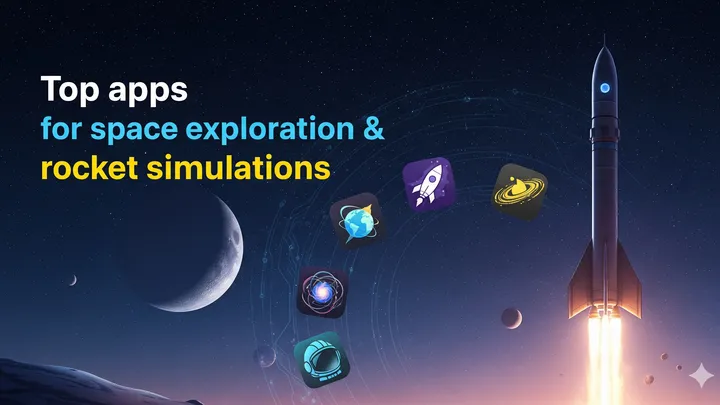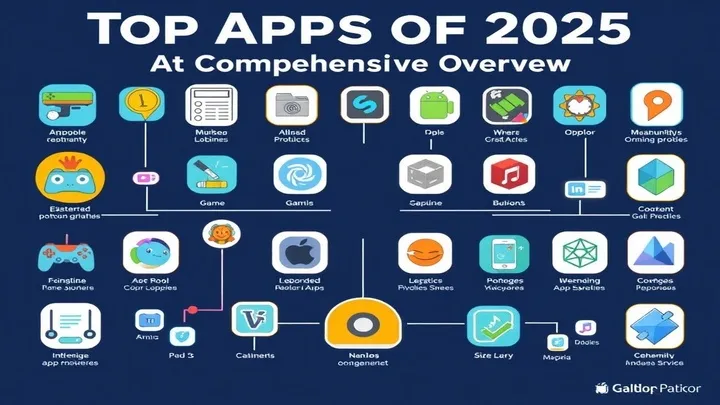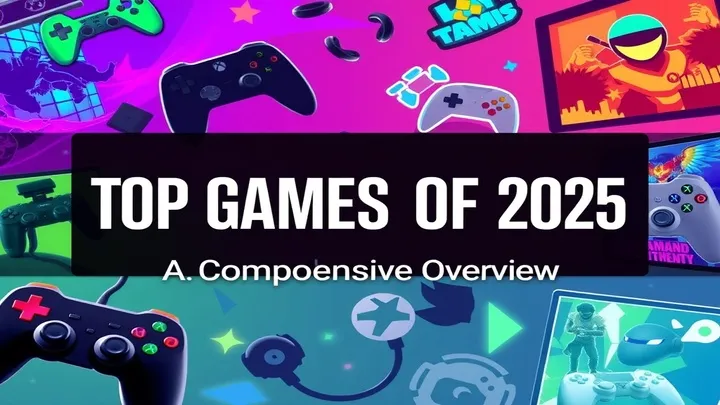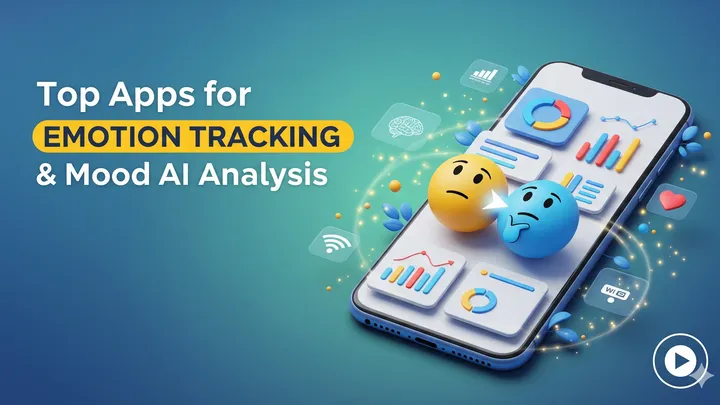Emotions shape how we think, act, and connect with the world. In today’s fast-paced digital age, it’s easy to overlook how our moods affect productivity, relationships, and overall well-being. That’s where emotion tracking apps and mood AI analysis tools come in. These innovative applications combine psychology, data science, and artificial intelligence to help users better understand themselves.
Whether you want to manage stress, improve mental health, or simply stay mindful of how you feel throughout the day, emotion tracking apps can be powerful companions. By logging daily moods, analyzing patterns, and even predicting emotional triggers, these apps empower people to make healthier choices and foster emotional resilience.
In this article, we’ll explore the best apps for emotion tracking and mood AI analysis in 2025, explain their features, and provide practical tips for using them to enhance your life.
Why Emotion Tracking Matters
Tracking emotions isn’t just about journaling how you feel—it’s about identifying patterns that influence your behavior. For example, you might notice that your energy is lower on Mondays, or that social interactions leave you feeling more positive.
Benefits of Emotion Tracking:
- Improved self-awareness – Recognize how different events impact your emotions.
- Better decision-making – Avoid reactive choices by understanding mood patterns.
- Mental health support – Detect signs of anxiety, depression, or burnout early.
- Stress management – Identify triggers that increase stress levels.
- Enhanced productivity – Align tasks with times when your mood is most stable.
With AI-driven mood analysis, users get personalized insights instead of generic advice. Machine learning models can detect mood swings, highlight emotional trends, and even recommend mindfulness techniques or lifestyle changes.
Top Apps for Emotion Tracking & Mood AI Analysis
Let’s explore the top apps in 2025 that are redefining how people monitor and understand their emotions.
1. Moodnotes
Moodnotes is one of the most popular emotion tracking apps, built on the principles of Cognitive Behavioral Therapy (CBT). It helps users capture feelings, reflect on thought patterns, and develop healthier thinking habits.
Key Features
- AI-assisted emotion logging and journaling.
- CBT-based suggestions for reframing negative thoughts.
- Visual graphs of mood trends over time.
- Daily prompts for self-reflection.
Why It Stands Out
Moodnotes doesn’t just track moods—it actively coaches users to build emotional resilience. By combining psychology with simple AI features, it’s an excellent tool for anyone looking to improve self-awareness.
2. Daylio Journal
Daylio blends habit tracking and mood analysis into one minimalistic app. Instead of typing long journal entries, users simply tap icons that represent their current mood and activities.
Key Features
- Icon-based mood and activity logging.
- Customizable categories for habits and routines.
- AI-generated insights into lifestyle-emotion connections.
- Exportable reports for mental health professionals.
Why It Stands Out
Daylio is perfect for those who prefer visual tracking over text journaling. Its AI-generated reports clearly show how habits like exercise, diet, or sleep impact your emotions.
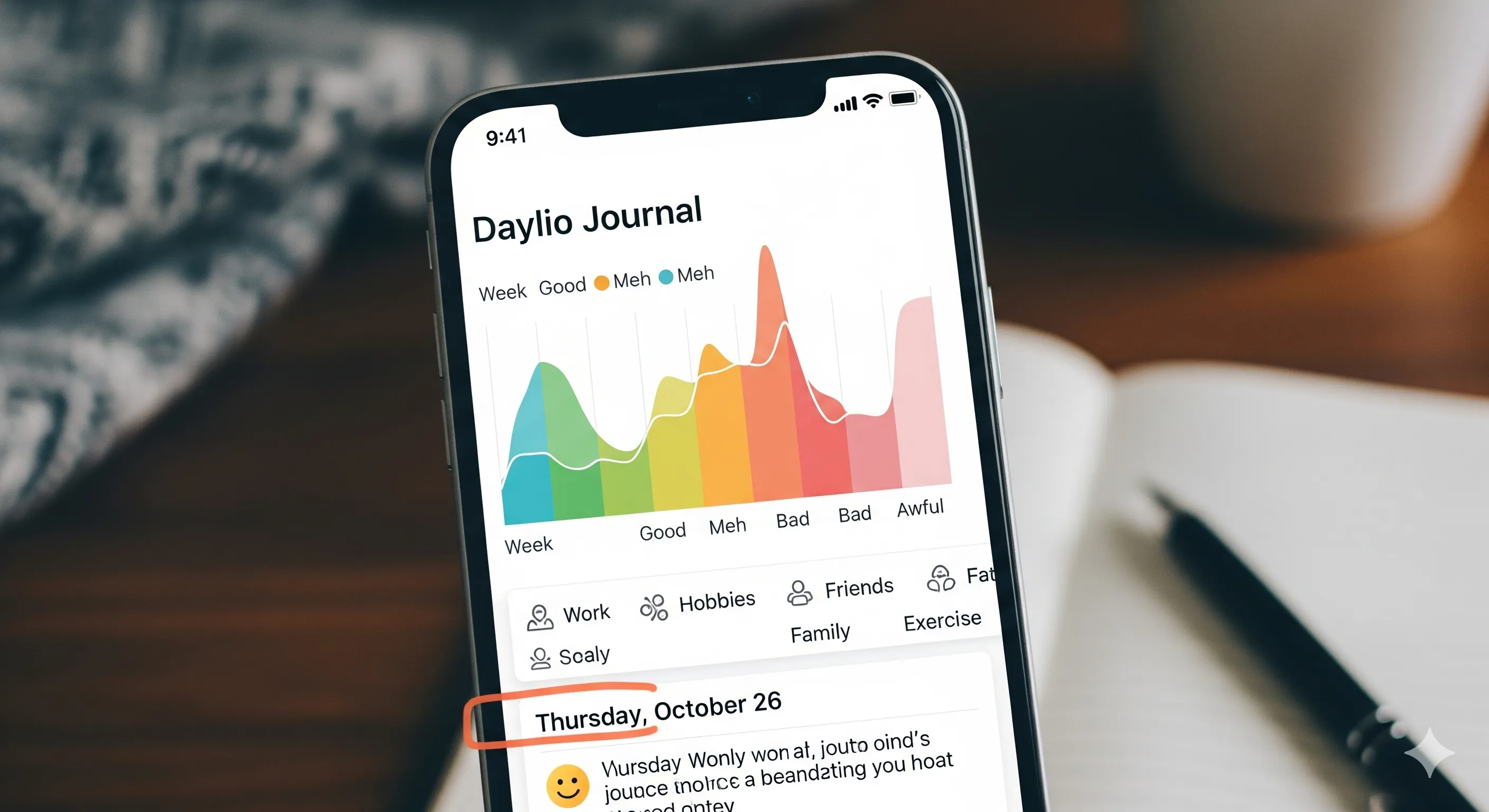
3. Wysa
Wysa is a mental health AI chatbot that goes beyond mood logging. It uses conversational AI to act like a friendly therapist, guiding users through difficult emotions.
Key Features
- AI chatbot for real-time emotional support.
- Mood check-ins and journaling features.
- Evidence-based therapy exercises (CBT, DBT, mindfulness).
- Integration with professional therapists for premium users.
Why It Stands Out
Unlike most mood trackers, Wysa offers instant emotional support through AI chat. It’s like carrying a pocket therapist who can guide you through anxiety, stress, or sadness.
4. Reflectly
Reflectly is a beautifully designed AI journaling app that encourages mindful reflection. It turns journaling into a gamified experience, making emotional check-ins feel rewarding.
Key Features
- Daily AI-driven reflection prompts.
- Personalized mood insights based on entries.
- Motivational quotes and reminders.
- Clean, minimalistic design with gamification.
Why It Stands Out
Reflectly is more than just a diary—it feels like a digital life coach. The app helps users build a habit of journaling while analyzing emotions with AI.
5. Moodfit
Moodfit is one of the most comprehensive apps for emotion tracking and mental fitness. It provides mood logging, wellness assessments, and practical tools for managing mental health.
Key Features
- Mood tracking with daily questionnaires.
- Cognitive therapy-based mood-shifting exercises.
- Breathing techniques and meditation guides.
- AI-based analytics for emotional health trends.
Why It Stands Out
Moodfit is like a fitness tracker for your mental health. With its detailed AI insights and practical exercises, it’s ideal for people looking to build long-term emotional resilience.
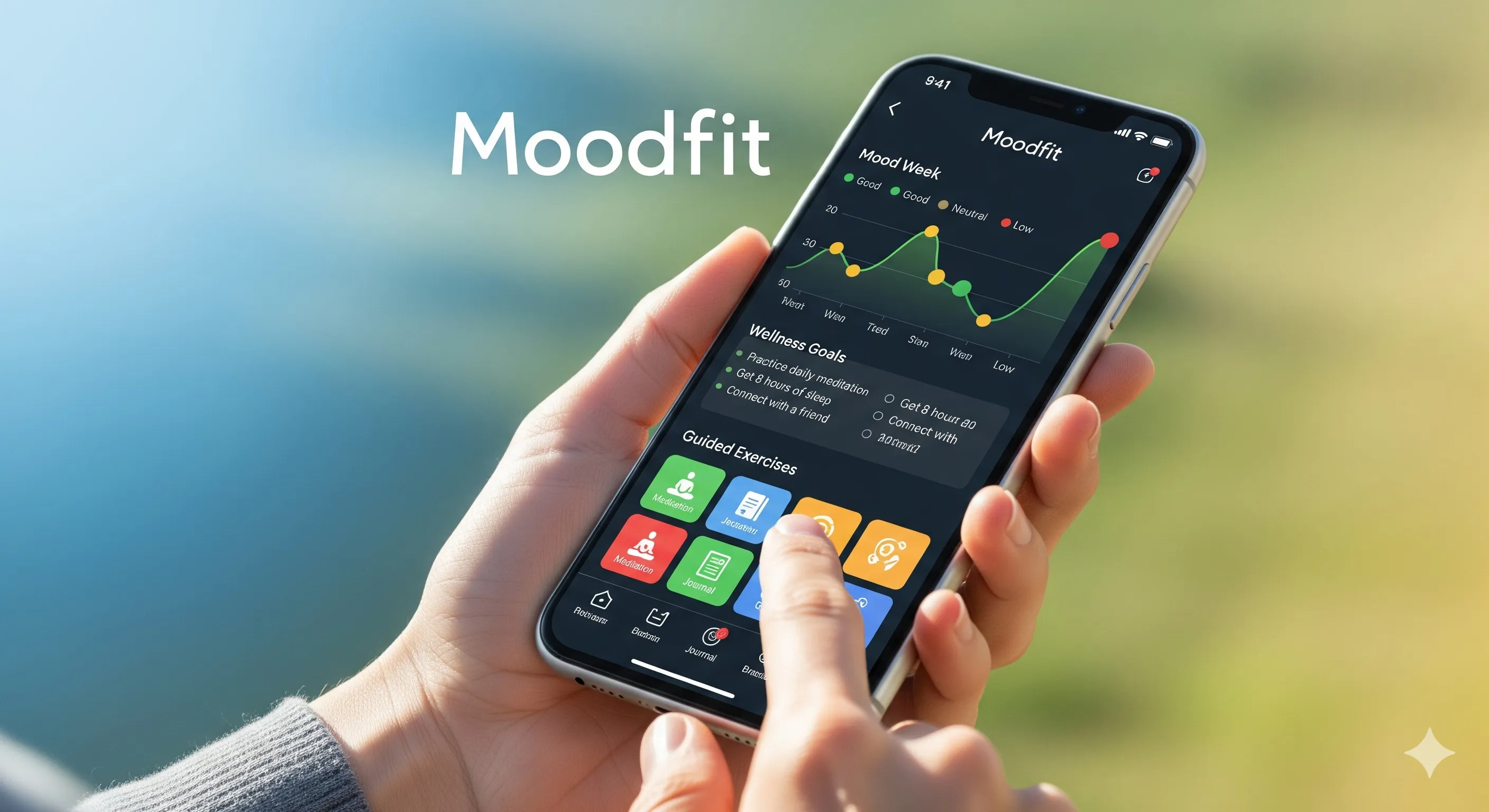
6. eMoods
eMoods is a specialized app for users managing bipolar disorder, depression, and other mood-related conditions. It allows users to track daily highs, lows, medication, and triggers.
Key Features
- Daily logs of mood swings, sleep, and medication.
- Printable mood charts for sharing with therapists.
- AI-assisted detection of mood disorder patterns.
- Secure data storage with HIPAA compliance.
Why It Stands Out
Unlike general apps, eMoods is tailored for clinical use. Its AI-driven analytics are especially valuable for patients and therapists working together on treatment plans.
7. MindDoc
Developed by psychologists, MindDoc is designed for individuals struggling with stress, anxiety, or depression. It offers mood tracking, emotional insights, and mental health assessments.
Key Features
- AI-powered mood journaling.
- Personalized feedback after two weeks of use.
- Access to self-help courses and exercises.
- Mood pattern detection for early warning signs.
Why It Stands Out
MindDoc is trusted by healthcare professionals and provides clinically validated insights. It’s a great choice for users who want a balance between self-care and professional guidance.
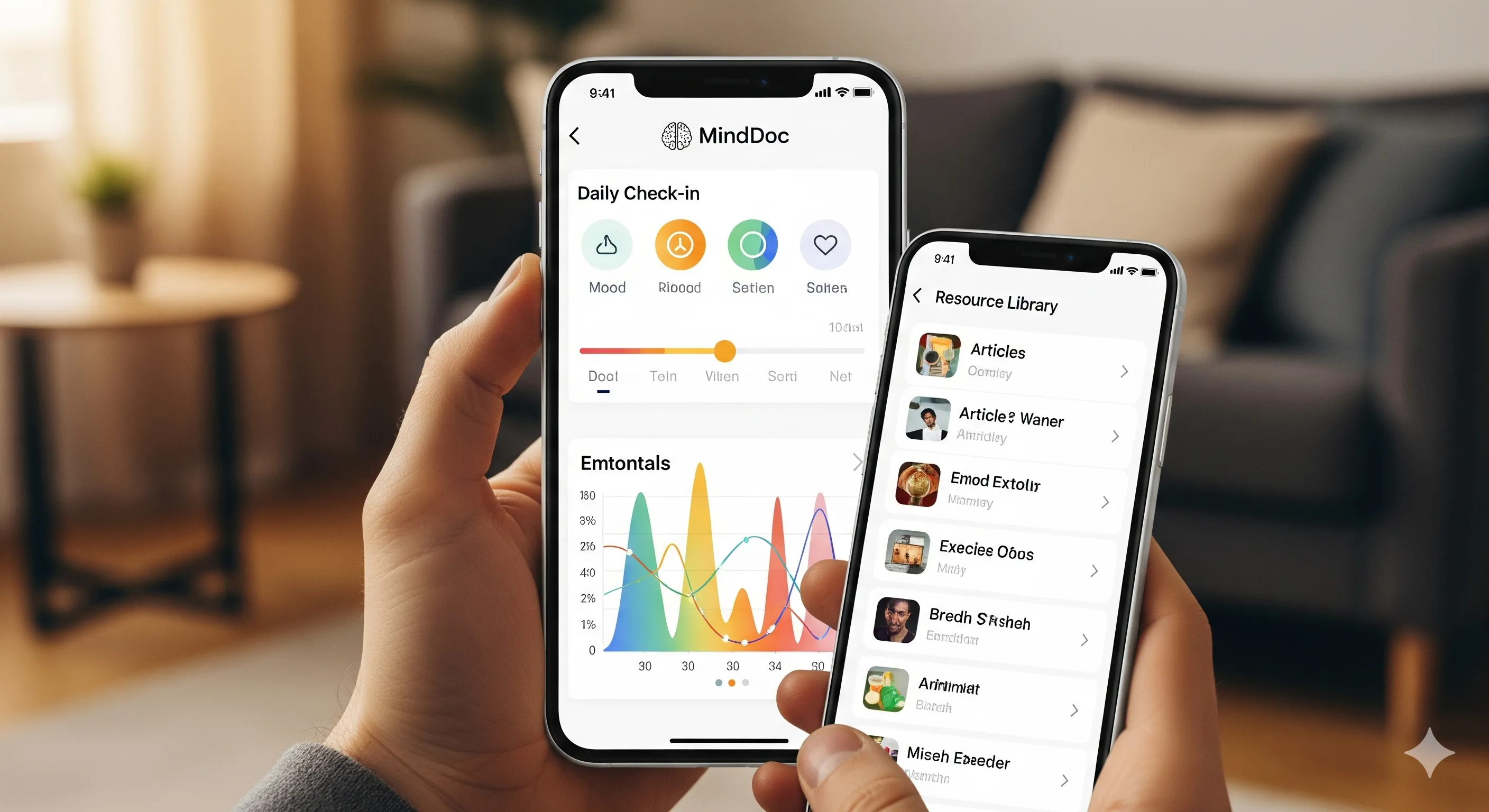
How AI Transforms Mood Analysis
Artificial intelligence takes emotion tracking to the next level. Instead of just collecting data, AI:
- Detects patterns in emotional triggers over time.
- Provides predictions about upcoming mood swings.
- Suggests personalized solutions like mindfulness exercises or breaks.
- Integrates with wearables (smartwatches, fitness trackers) for deeper insights.
For example, if AI detects that your mood dips after poor sleep, it might recommend earlier bedtimes or relaxation exercises. Over time, these micro-adjustments can significantly improve mental health.
Tips for Getting the Most Out of Emotion Tracking Apps
- Log Consistently – Daily tracking ensures AI has enough data to provide accurate insights.
- Be Honest – Enter moods truthfully, even on bad days, to get realistic trends.
- Use AI Suggestions – Don’t ignore personalized tips—try integrating them into your routine.
- Pair with Wearables – Sync apps with devices like Apple Watch or Fitbit for deeper health correlations.
- Review Weekly Trends – Instead of focusing on single entries, look at the bigger picture.
The Future of Emotion Tracking & AI
As technology advances, emotion tracking apps will become even more powerful. Expect innovations like:
- Facial recognition mood detection – AI analyzing micro-expressions.
- Voice tone analysis – Identifying emotional states from speech.
- Predictive mental health alerts – Warning users about potential burnout or depressive episodes.
- Integration with AR/VR therapy – Virtual environments tailored to improve mood.
The future is about proactive mental health support, where apps won’t just track emotions but actively help regulate them.
Conclusion
In 2025, the best apps for emotion tracking and mood AI analysis go far beyond simple journaling. From Moodnotes’ CBT-based reflections to Daylio’s visual mood tracking, from Wysa’s AI chatbot support to MindDoc’s clinical insights, these tools empower people to take control of their mental well-being.
By using AI to analyze mood patterns and provide actionable insights, these apps help individuals stay mindful, manage stress, and improve mental resilience.
Whether you’re looking for a simple daily check-in tool or a clinically validated emotional health tracker, the right app can make all the difference. The journey toward emotional well-being starts with awareness—and with AI by your side, it’s easier than ever to understand and improve your mental health.









